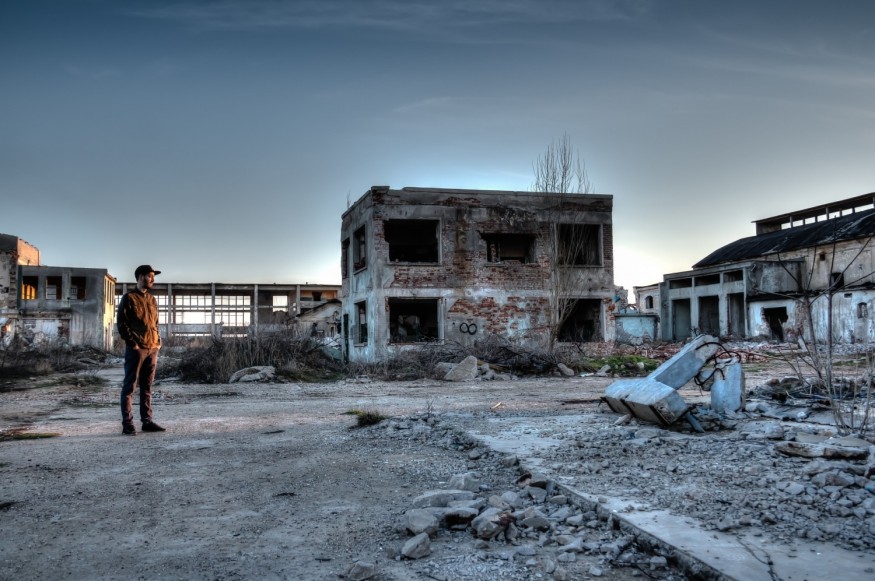
It's difficult to imagine the distress and suffering of our fellow citizens in the wake of a national disaster. The feeling of powerlessness is often overwhelming, leaving us struggling to comprehend what has happened or how we can help. However, while disasters cause irreparable losses, it's also important to remember that healing is possible. Here we will explore ways in which individuals can help recover emotionally after a national disaster. This post will discuss managing emotions following the tragedy, overcoming stress, finding support networks, and rebuilding life afterward.
1. Take Care of Your Physical Health
It's essential to take care of your physical health during difficult times. Eating a balanced diet, exercising regularly, and getting enough sleep can help reduce stress levels. It's also helpful to limit caffeine and alcohol consumption, as these can aggravate stress-related symptoms like anxiety or depression.
You can also try relaxation techniques such as deep breathing, yoga, and meditation to ease physical tension and help manage thoughts. The sense of control that comes from taking care of yourself can have a calming effect.
2. Connect with Others
Establishing connections with family, friends, and neighbors is essential for emotional recovery. Sharing stories about the disaster and connecting with people who understand your experience can be beneficial in helping you cope with feelings of grief and despair.
Support groups are a great way to share your experiences with others who are going through similar emotions. It's important to remember that it's ok to reach out, no challenge is too big or too small. If you're feeling overwhelmed, talking to a professional counselor or therapist can be beneficial in managing your emotions.
3. Take Care of Your Mental Health
Mental health is essential for healing after a disaster. Feeling overwhelmed and out of control in times of crisis is normal, so creating a sense of stability and normality is essential. Set aside time each day to focus on activities that bring you joy. This can be anything from reading a book, taking up a craft, or even going for a walk. Engaging in activities that make you feel calm, relaxed, and connected to your inner self can help to reduce stress, anxiety, and depression.
If you have developed trauma or post-traumatic stress disorder, seeking help from a mental health professional is essential. Treatments like intensive trauma therapy and cognitive-behavioral therapy can help you process your traumatic experience in a safe and supportive environment. You can also benefit from joining a peer-support group, which offers a safe space to share experiences and receive emotional support.
4. Rebuild Your Life
Life changes after a disaster, and accepting this new reality is important. Embrace the changes with resilience and hope, as these are essential ingredients for rebuilding your life afterward. Look for new opportunities in rebuilding your life, such as taking up courses or volunteering activities that bring meaning to your life. Be kind to yourself during this process and focus on the present. Recovery takes time, and it's ok to take things slowly.
5. Be Patient and Compassionate
It takes time to recover from a disaster, so be patient with yourself during the process. Allow yourself to feel whatever emotions come up and take one day at a time. Remember that you're not alone in this journey, allow your family, friends, and community members to support you through it. Showing compassion for yourself and others during difficult times can help you move forward with strength and resilience.
These tips can help individuals cope with the emotional aftermath of a disaster while also helping them rebuild their lives afterward. It's important to remember that healing is possible, and people can support you in your journey. With patience and compassion, you can come out of the difficult times stronger and more resilient.
© 2025 NatureWorldNews.com All rights reserved. Do not reproduce without permission.





